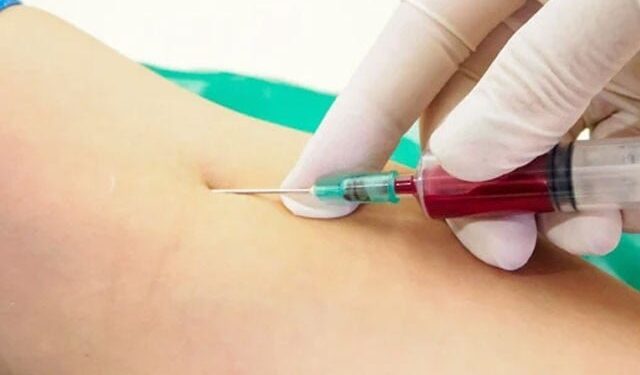SURREY: The timing of a blood draw may affect the results of a test used to diagnose dementia, according to a new study.
Scientists in research led by the University of Surrey have discovered that biomarkers used to diagnose Alzheimer’s, including a promising sign for early diagnosis of the disease, depend on the time of day. Biomarker levels were lowest in the morning when participants woke up, while they were highest in the evening.
Large time-of-day differences were observed in the b-tau217 biomarker (which may be helpful in the early diagnosis of dementia).
The researchers found that the difference between morning and evening levels was similar to changes seen in people who had worse mild memory problems over a one-year period.
Dr Ciro Della Monica, a research fellow at the University of Surrey’s Surrey Sleep Research Center and lead author of the publication, said the work demonstrates the importance of considering the time of day when taking clinical diagnostic samples and how for an individual The clinical picture may be affected by different sampling times. By standardizing the time of day at which the sample is taken, dementia diagnosis and monitoring of disease progression can be more accurate.

























